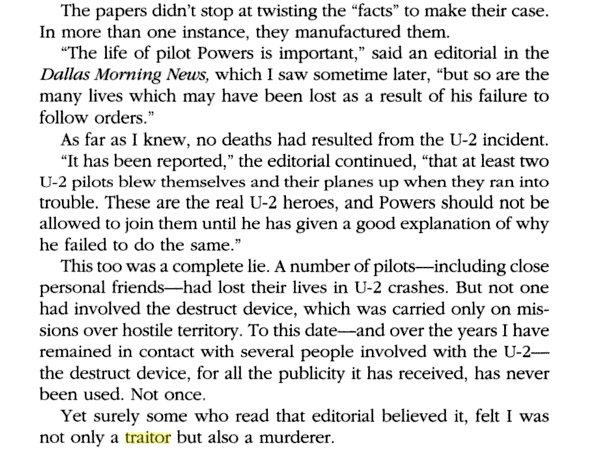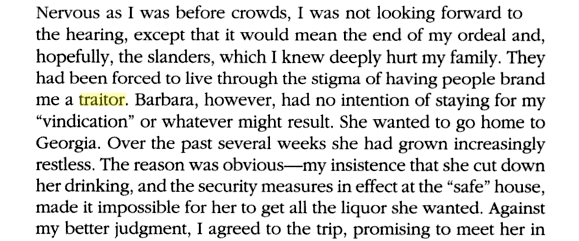Australia's Hydrogen Economy
As anyone who has followed my website knows, I'm not a fan of using 'Green Hydrogen' (created by the electrolysis of water - using electricity) to generate electricity.
I've nothing against hydrogen. It's the most abundant element in the universe. And I'm very fond of water (hydrogen oxide or more pedantically: dihydrogen monoxide). It's just that there is seldom a sensible justification for wasting most of one's electrical energy by converting it to hydrogen and then back to electricity again.
I've made the argument against the electrolysis (green) route several times since launching this website fifteen years ago; largely to deaf ears.
The exception made in the main article (linked below) is where a generator has a periodic large unusable surpluses in an environment unsuitable for batteries. In the past various solutions have been attempted like heat storage in molten salt. But where there is a plentiful fresh water supply, producing hydrogen for later electricity generation is another option. Also see: How does electricity work? - Approaches to Electricity Storage
Two of these conditions apply in South Australia that frequently has excess electricity (see the proportion of non-hydro renewables chart below). The State Government, with unspecified encouragement from the Prime Minister and the Commonwealth, has offered A$593m to a private consortium to build a 200MW, 100t hydrogen storage at Whyalla. Yet, the State already has some very large batteries, with which this facility is unlikely to be able to compete commercially. Time will tell.
Read more: Australia's Hydrogen Economy


